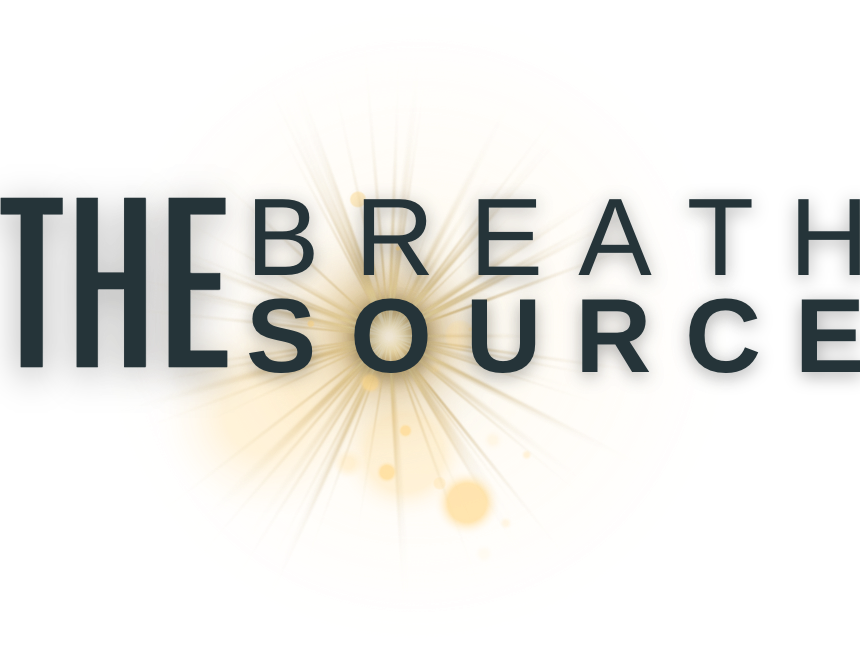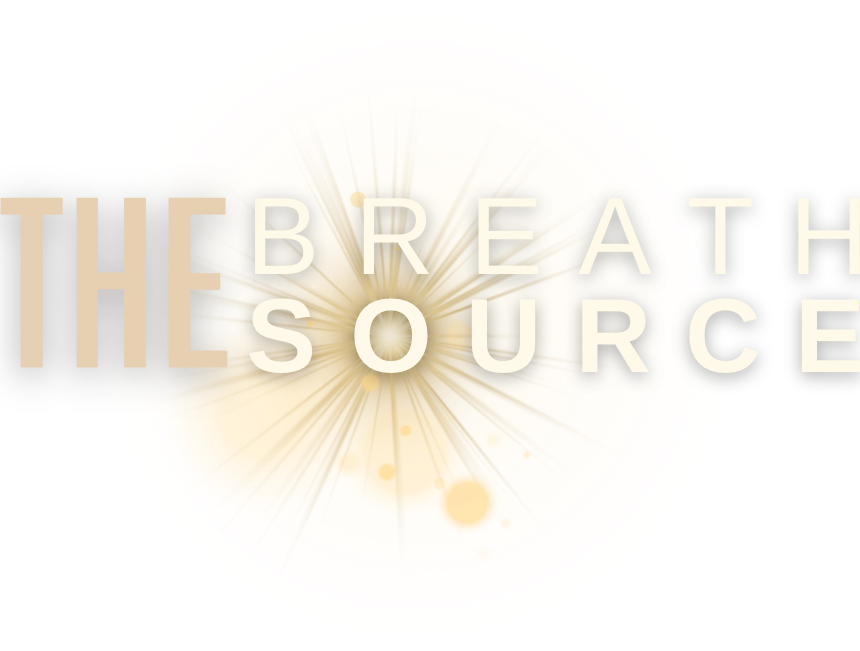You’re in the fitness industry and have heard there are benefits to cold exposure and cold immersion around the gym, but what are they? There are more than just physical benefits, such as mental and physiological benefits. We’ve broken down these benefits gained from cold exposure.
Mental
Multiple studies have shown that cold exposure or immersion has relieved mental health symptoms. Some have even found they can reduce or eliminate the need for medication to treat certain mental health problems. In 2018, there was a case study completed of a young woman who found herself in the depths of anxiety and depression. After months of habitually immersing herself in cold water, she was able to stop the use of medication (under the guide of her doctor) and found herself relieved of her mental health symptoms.
When someone immerses themselves in cold water, the cold receptor is activated and sends a jolt to the brain which creates a similar response found when anti-depressants are taken. The hormones that are released are “beta-endorphin and synaptic release of noradrenaline to the brain”.
Another way that cold immersion improved mental health is by consistent activation of the “fight or flight” aspect of the brain. This spills over into our daily life outside of the cold water. Our brain can stay more focused, concentrate better, and in general, function in a happier and uplifted state.
Physical
The most popular benefit of the physical body for athletes is the reduction of soreness. Sure, we love the feeling of being sore, but it gets old when you’re ready to hit a workout, and still feeling the aches. Cold water exposure reduces swelling, (also known as hydrostatic pressure), and soreness by restricting and slowing the blood flow to overworked muscles.
Another physical benefit is the potential for fat loss with repeated cold exposure. During your time in an ice bath or under a stream of freezing water, you naturally will shiver as a way for your body to generate heat. This energy expenditure during this process has been shown to increase metabolism by 350%.
If you watched the 2022 CrossFit Games or the behind-the-scenes videos with Patrick Vellner and Champ Tia Clair Toomey, you saw them submerging themselves post-WOD into an icy bath. So what gives? Not only are they looking to restrict blood flow as previously mentioned, but they are also using cold water for its most basic reasoning, to cool down their muscles. The reduction of muscle temperature allows for quicker and more efficient recovery.
Physiological
Now that we covered the mental and physical benefits of cold immersion and exposure, what about the physiological ones? So how does the physiological differ from the physical? Physiological refers to how the physical body functions.
While the body is immersed in cold water the parasympathetic nervous system, as mentioned earlier, is activated. This part of our nervous system has full control over our body’s ability to relax and triggers that “fight or flight” response. During this time, dopamine is released along with noradrenaline and cortisol.
The main part of our parasympathetic nervous system is the vagus nerve. The vagus nerve is important to our physiological health because it is responsible for the regulation of internal bodily functions. When this nerve kicks into high gear it reduces our heart rate, reduces stress hormones, and in turn, boosts our mood.
We talked about restricted blood flow about helping the muscles heal quicker, but what about the lungs? As soon as we dip our bodies into a cold tub, or stand under a steady stream of cold water, the blood flow not only slows, but our body goes into protective mode and sends oxygenated blood directly to vital organs instead of extremities. This concentrated blood flow is pumping oxygen right to our lungs. In addition to the benefits while being in the cold water, when we step out, our blood starts to pool to our extremities which causes a more efficient flow and circulation.
From:Taking The Plunge: The Benefits of Cold Exposure - Morning Chalk Up
Was this article helpful?
That’s Great!
Thank you for your feedback
Sorry! We couldn't be helpful
Thank you for your feedback
Feedback sent
We appreciate your effort and will try to fix the article

